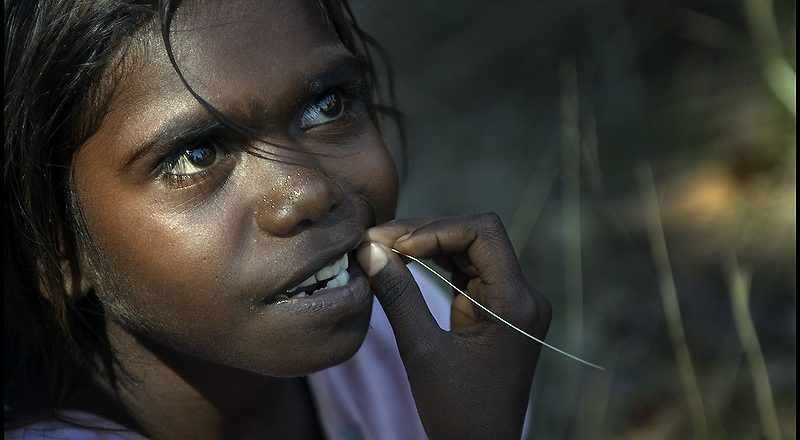
“It’s not working” is not a phrase that anti-racism and anti-discrimination activists want to hear, but Australia started 2016 with white pundits in the media asking if blackface is even wrong, a newspaper columnist publishing the term “Middle Eastern Raping C**ts”, and a radio host’s calls for a new Stolen Generation. With examples like these, it would be fair to say that Australia’s mainstream media has a problem with race.
But there is also a more nuanced conversation to be held.
The mainstream media does report on overt racism, with increasing regularity. Recorded acts of racial violence and aggression in public spaces, captured on a bystander’s smartphone, make headline news. As does the racism endured by public figures or sporting stars.
Instances of overt racism, such as racist tirades on public transport, are a flashpoint for anger with many Australians taking to social media to vent their frustration. It appears the mainstream media has taken note of this, knowing that an article about an obvious display of racism will generate an outpouring of passion on both sides, potentially leading to more newspaper sales and clicks online.
But does the reporting of these flashpoints change the way we deal with discrimination? It is good that the media is reporting on race relations in ways we have not seen before. But what they give with one hand, they take away with the other.
The reporting of overt discrimination as an act of anti-racism should be taken with a grain of salt. In February, white panellists Adam Creighton, Sue Cato, Madonna King and Jacqui Lambie shared their views on what is and is not racist, largely defending blackface on ABC’s The Drum. This demonstrates how a change in individual attitudes to race is nothing without a change in systemic racism. As individuals go online to decry blackface as racist, we continue to see the kind of systemic racism that allows an all-white panel to determine what is racist and defend blackface.
And therein lays the real fight against racism and discrimination. For the most part, Australia has experienced a decline in the kind of overt racism that produced such Government intervention as the White Australia policy. In the past, it would have been easy to observe racism in a newspaper article, a government policy, or on the street. Obvious displays of racism still occur, and they are typically quickly decried. But these days racism has mostly gone underground; no longer in your face, racial discrimination hides, embedded in institutions and systems of oppression, difficult for the average person to pinpoint.
Here is a confronting example: while race-based legislation may be gone, Aboriginal children are being removed from their families at a higher rate than ever before. While the majority of Australians condemn overt racism, Aboriginal children are quietly being taken away from their parents under policy that allows racism to thrive at an institutional level. Raising awareness about the Stolen Generation has mostly worked, but this education and dialogue has not led to the structural change needed to stop Aboriginal children from being taken from their families.
Where have we gone wrong?
One potential answer lies in the dialogue we have had about racism. Using a “softly, softly” approach, many have sought to educate and win over the majority by appealing to their compassion and applying logic that utilises existing structures. We tell stories of tragedy to provoke sympathy, not realising this only contributes to the othering of minorities – instead of empowering them through their own voice.
We almost never shift the conversation to demand that the dominant majority treat people with respect based on shared humanity.
We have also reinforced dominant paradigms by trying to work within mainstream structures instead of dismantling the oppressive systems themselves. We tell women to safeguard themselves from rape through their choice in clothing, where they go at night and how much alcohol they drink. But we almost never tell men not to rape. We seek to have Aboriginal and Torres Strait Islander people included in the Australian Constitution, rather than acknowledge First Peoples’ sovereignty through a treaty process.
We almost never shift the conversation to demand that the dominant majority treat people with respect based on shared humanity. In doing so, we create a whole new form of racism. We ask the disadvantaged to overcome discrimination using a system that does nothing to support them and works only for the advantaged.
To truly tackle racism we must dismantle the structures and systems around us, not merely seek to educate and reform.

